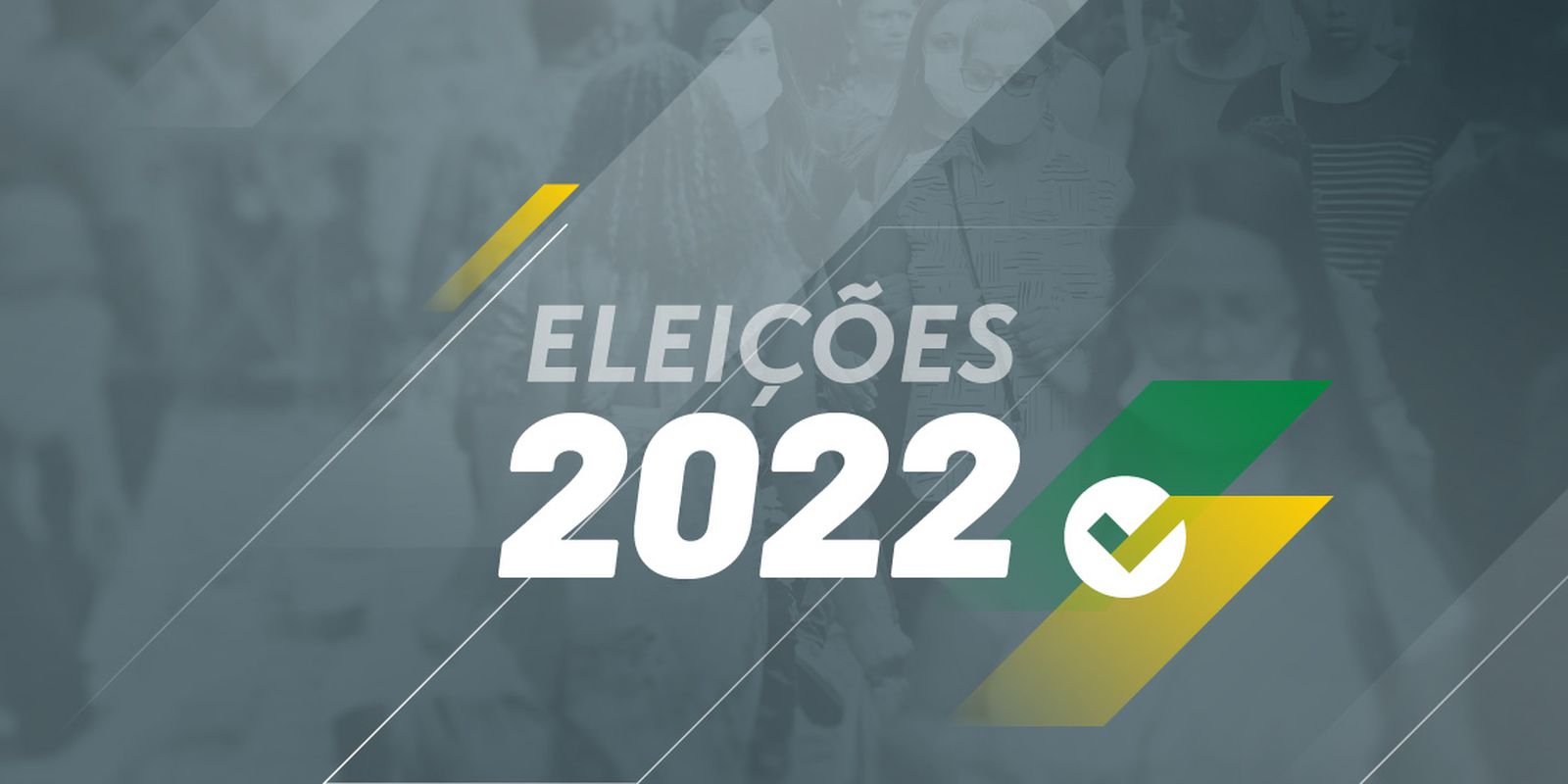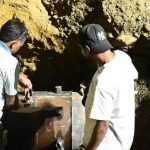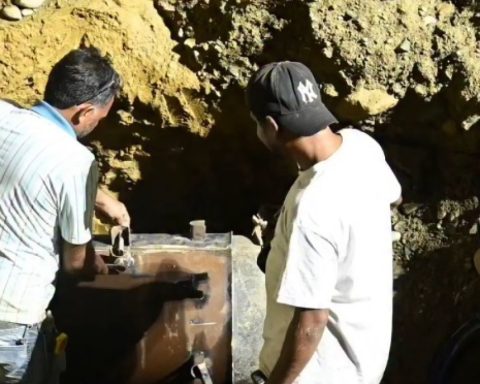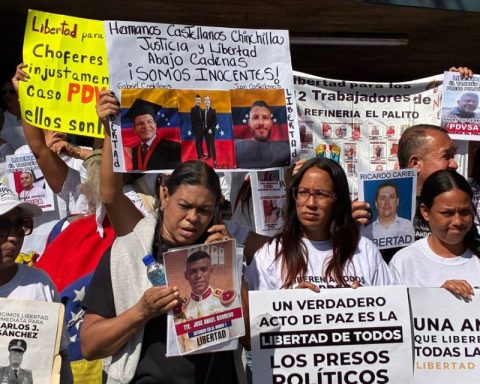12 days before the second round of the general elections, the regional electoral courts (TRE) across the country are in the final preparations to ensure the integrity of electronic voting machines, the security of the election and the comfort of the more than 156 million Brazilians able to participate. , on the 30th, of the choice of the President of the Republic and the governors who will command 12 states where there will be a second round.
After preparing the information storage devices, that is, the media, most electoral registers began the process of preparing and sealing the ballot boxes on Monday (17).
In the first round, across the country, around 577,000 urns were used, including reserves. The public ceremonies for the preparation of equipment are accompanied, in person, by representatives of parties and party coalitions, inspection bodies and the press. Any interested citizen can also attend events in their city or region, just checking the schedule that each TRE usually publishes on its website.
In Rio Grande do Sul, for example, the ballot box update ceremony was held yesterday (18) and was attended by a representative of the Armed Forces in the Commission for Transparency in Elections, created by the Superior Electoral Court (TSE), Major Renato Vargas Monteiro, a cybersecurity specialist.
In Santa Catarina, the Electoral Court plans to complete the update of around 18,500 electronic voting machines by the 23rd, inserting data related only to candidates who are still in the race and voters into the equipment.
In São Paulo, the head of the notary’s office Cíntia Hiromi Nakasako explained that the loading update is a simple and quick procedure, after which the urns are sealed to demonstrate that they will not undergo any other intervention until the beginning of the voting. In the state, 115,557 boxes, distributed among 10,853 polling places, will have to be prepared in the coming days.
In Ceará, 25,606 electronic devices will be used, with the distribution of a greater number of reserve boxes to the 27 electoral zones in the interior of the state after the verification of the need for the measure during the first round.
In addition to protecting the seal produced by the Casa da Moeda, the electronic voting machines do not have an internet connection and are not networked. And already during the stage of generating the media and preparing the ballot boxes, the servers usually also verify the integrity and authenticity of the system. Subsequently, the urns are subjected to an audit by sampling, in which some equipment already properly prepared is selected.
According to the TRE de Goiás, this audit is the most important of the entire electoral process, as it guarantees “wide sampling and significant publicity of the procedures”, functioning as “one of the many demonstrations of transparency and reliability of the electronic voting process in Brazil”.
“After the public ceremonies, the polls will be fully prepared for voting, and it will no longer be possible to change any information or data entered therein and checked by the supervisory institutions”, said Valdenir Júnior, Secretary of Information Technology at TRE de Tocantins.
Changes
Preparations for the second round go beyond the redistribution of polls and data updates. In Amapá, for example, voters in the capital, Macapá, are being transferred from polling stations after the Electoral Court found that some polling stations used in the first round had difficulties in accessing, inadequate spaces or were even undergoing renovation works.
Another necessary measure is the training of poll workers. On Monday (17), the TRE in Bahia began training the 5,022 people who will act as presidents of polling stations. The forecast is that the training will be completed by next Monday (24), focusing on “points of attention detected in the first round” to try to speed up voting.
















